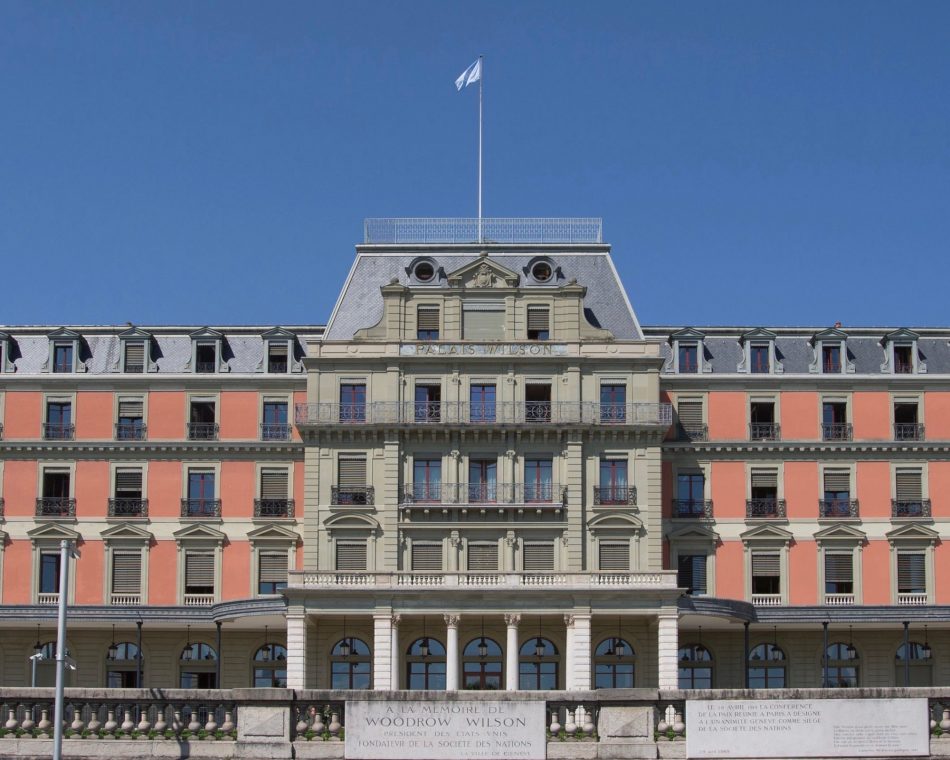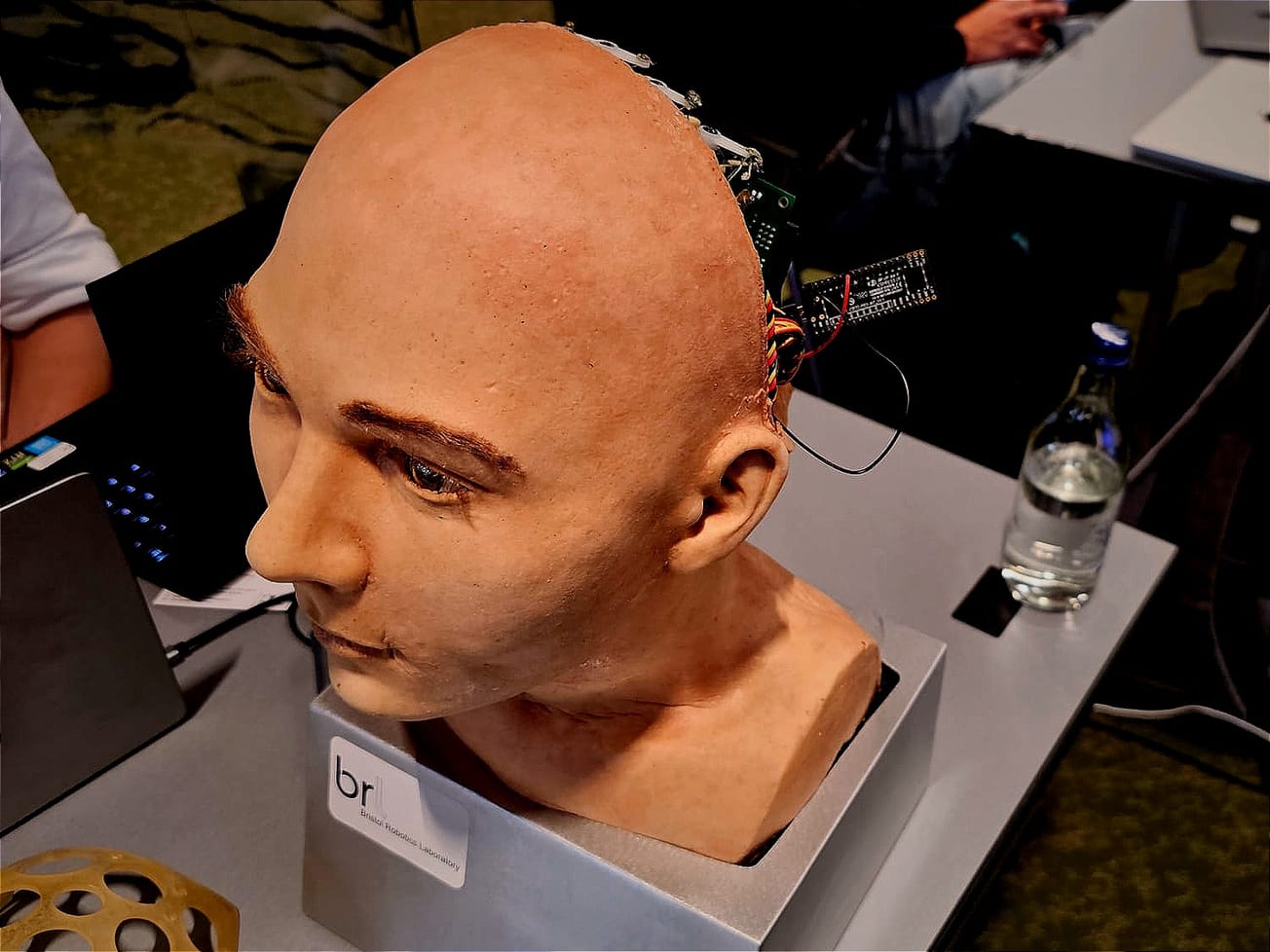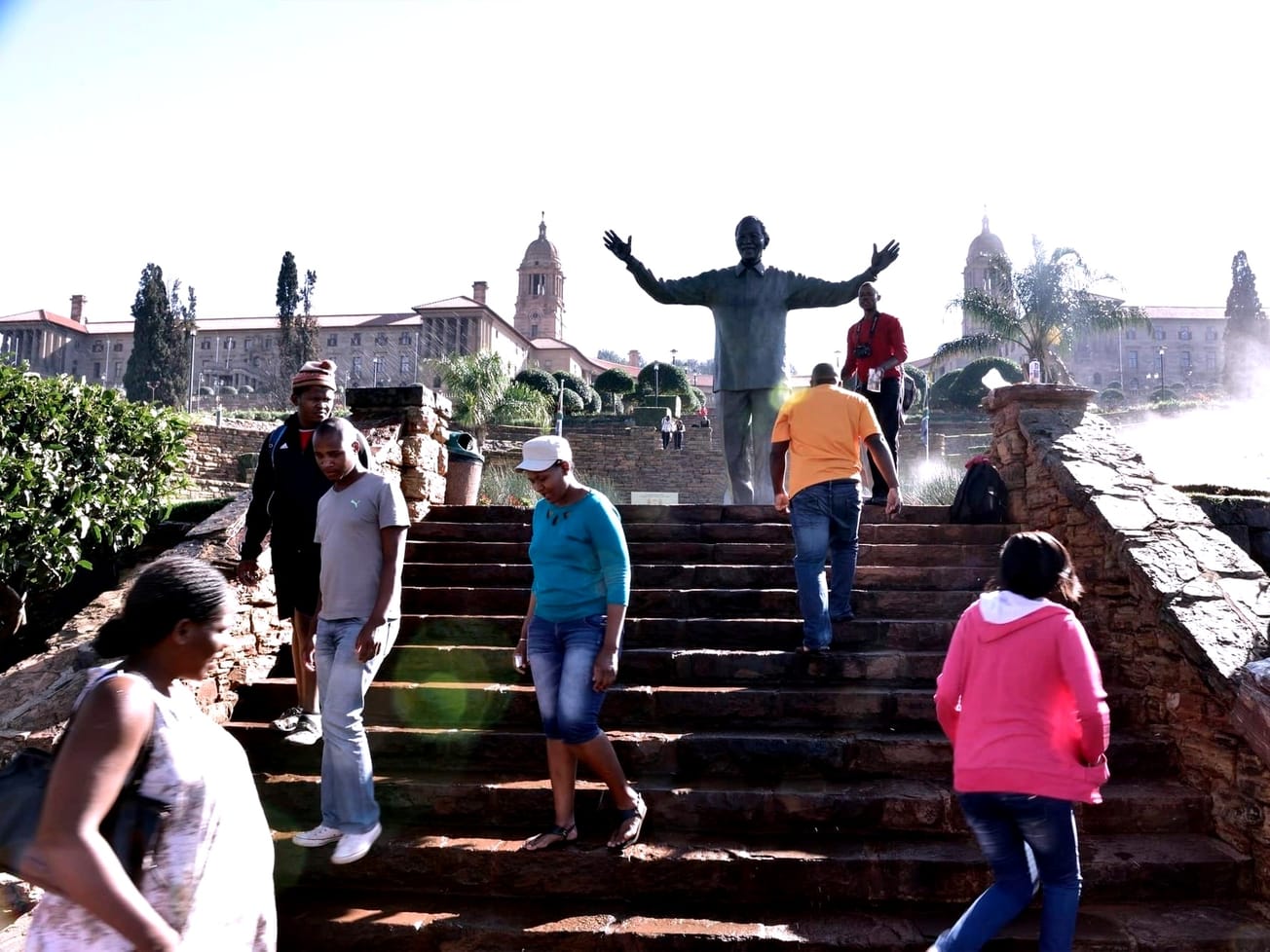GENEVA (AN) — Ten million pages scanned, five million more to go.
"No small feat for multilateral studies," Francesco Pisano, director of United Nations Library & Archives Geneva, enthused on Monday as the project to digitize the former League of Nations' entire archives by 2022 hit the two-thirds mark.








